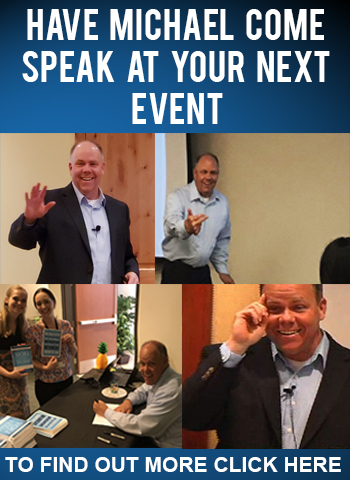Leadership requires strong communication skills. Critical to those skills is the need for leaders to listen more and talk less. How well do you listen when others are talking?
Today these skills are becoming even more important for leaders due to the amount of distractions. I can remember several years ago sitting in a colleagues office and sharing some special things about my family. I must have been boring, because in a matter of a few minutes he was pulling out his phone going through email. That would be the last time I would have a conversation like that with him again. Has this ever happened to you?
With a large portion of leader interactions done virtually these days, listening is even becoming harder. I would venture to say that most leaders on conference calls do their fair share of multi-tasking (which doesn’t work as well as some would like to think) and miss important information.
Could you use some help in the area of active listening? I think most of us can. These 5 listening tips do work. Try them.
1. Understand. Most of us are trying to be understood without really taking the time to understand what the other person is saying. We are formulating a response to what the other is saying and miss most of what is being said. As a result we often interrupt. In your next communication, force yourself to really listen on what is being said instead.
Use the other following tips to aid you in focusing. You will be surprised how much easier it is to formulate a better response when you have listened to everything being said.
2. Use Appropriate Body Language. This is more important than you might think. Sit up, look the person in the eye and nod as you are listening. Don’t just stare without expression. Many years ago I was in a job interview and one particular person on the panel just stared at me in a slouched position with her arms folded. I thought through the whole interview that she didn’t really like me all that much. I ended up getting the job, and it turned out she actually did like me, that was just her body language when she was in any meeting. Boy did I read her wrong!
What message are you sending? People will only share to the level they are comfortable in sharing. Your body language says a lot to the other person how well they feel you are listening.
I would also recommend using appropriate language on conference calls, even when others can’t see you. You will be more prepared to listen when you tell your brain through the use of appropriate body language that you are engaged.
3. Think Ahead. Think ahead of what the other person who is talking is going to say. Try to anticipate what they are leading to and any conclusions they are attempting to draw. Really try to read between the lines of what they are saying. Thinking ahead creates greater focus. This works when reading a book as well 🙂
4. Restate. When the person is done talking, check for understanding. Restate what has been said. If you know you will have to restate what is being shared, you will be more focused on listening to what is being said.
This is also important because it says to the one you are speaking to that you really want to listen and that you care.
5. Clarify. Closely related to restating is asking clarifying questions. “So how did it make you feel?” and “Is this what you are meaning by this?” are examples of clarifying questions. It ensures you are really hearing what is being said, not just what is said. Clarifying questions help you get to the heart of what people are saying.
And always, if you don’t understand what is being said, ask those you are listening to, to repeat it or explain it more.
Nothing says trust like active listening does. The better we can listen as leaders, the greater understanding we will have and the more care we will demonstrate.
The good news is you have lots of opportunities to practice. You can start by applying the tips above in the next conversation you have with someone whether at home. work or wherever.
If you found this post helpful, please feel free to share it via Facebook, Twitter, LinkedIn, Email or Google + by using one of the buttons below. Thanks friends!






